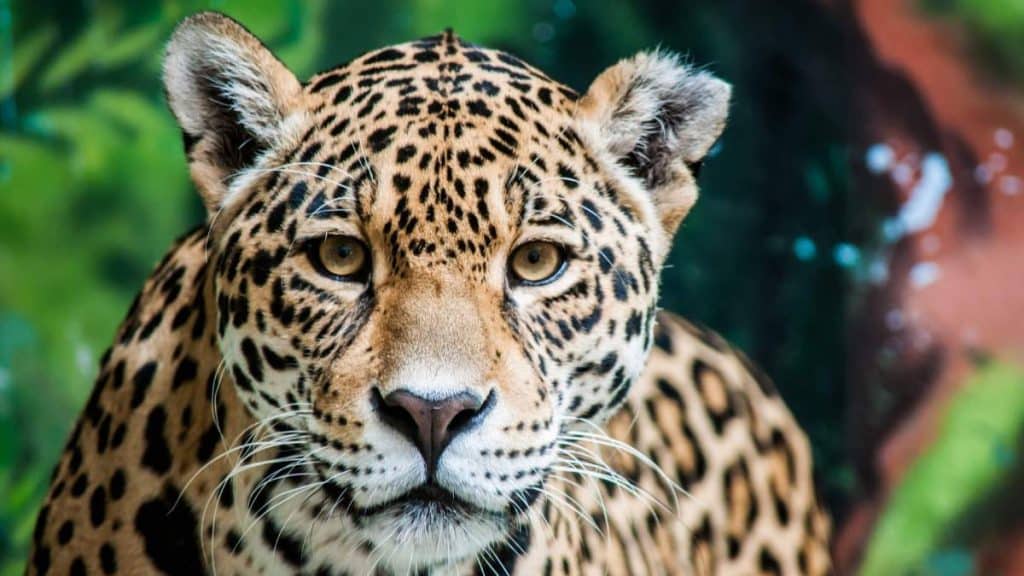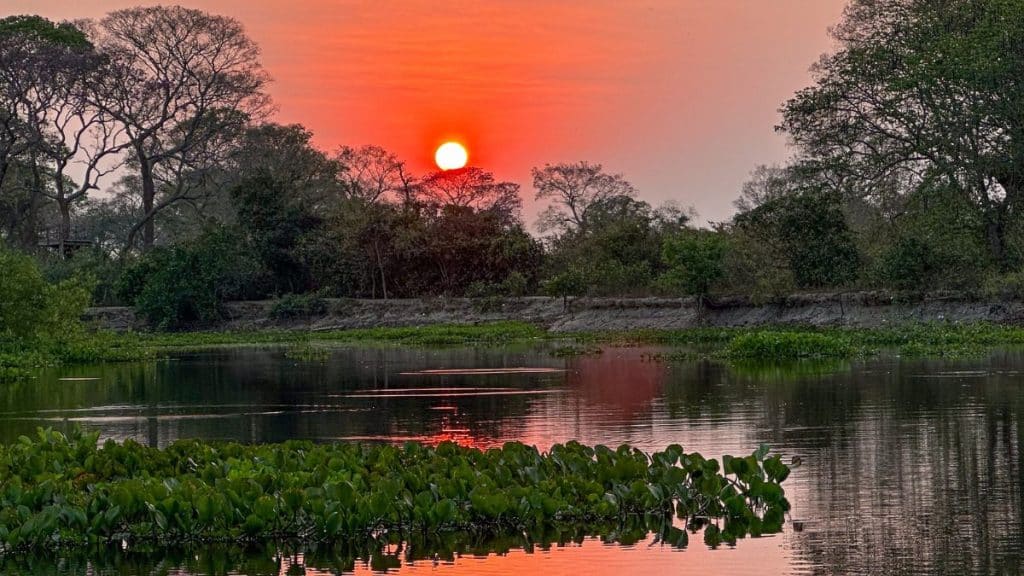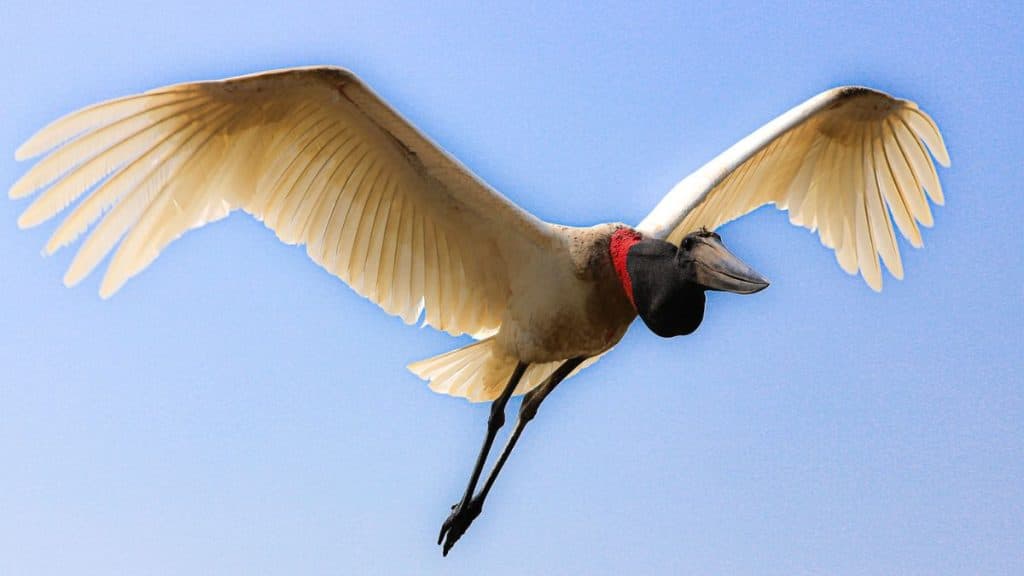Climate change is reshaping our world in worrisome ways. However, there is still hope for jaguars if we act now. Despite the effects of climate change on Planet Earth sounding increasingly catastrophic, salvation in the conservation of jaguars still exists. Recent studies show that by preserving their food sources and natural habitats, we can make a difference.
The jaguar (Panthera onca) is a symbol of nature’s strength and balance, known for its powerful bite, the strongest for its size among felines, capable of breaking the shell of a huge river turtle (Seymour, et al., 1988) or crushing the skull of a caiman that is over 2 meters in length. But these dominant predators are facing a challenge that even they cannot overcome alone: climate change.
According to WWF, jaguars have lost about 50% of their original habitat. In Brazil, the Pantanal, home to one of the largest populations of these felines, is threatened by rising temperatures and progressive reductions in rainfall. These changes can affect the populations of fish and reptiles, the main food sources for jaguars (Tobler et al., 2013).
It is in the heart of the Brazilian Pantanal, one of the last strongholds of jaguars, where these magnificent predation scenes occur. You could be one of the lucky tourists who returns home with unforgettable memories, recognized as true adventurers who know how to live life.
SouthWild Travel: Your Chance to Make a Difference
With SouthWild Travel, you will not only experience the beauty of the Pantanal but also play an active role in the conservation of jaguars. Through responsible tourism, we help finance research and conservation projects, working closely with scientists and local organizations.
Jaguars are considered near-threatened species by the IUCN, but human actions can change this fate. The Pantanal, despite its beauty, faces serious risks, such as habitat loss, illegal hunting, and as we know, climate change.
Preserving jaguars is not only a moral duty; it is a legacy we must leave for future generations. Imagine the shame if our descendants could not experience the exceptional opportunity to observe these majestic animals in their natural habitat.
When a man encounters a jaguar, the feeling is unique, and you deserve to experience this sensation.
Even today, you can give yourself the privilege of living this unique experience in the Pantanal with SouthWild Travel. Wake up to the sound of exotic birds, enjoy a tasty Brazilian breakfast, and prepare to navigate the wild rivers of the Pantanal in the company of your wise and friendly naturalist guide.
Our specialized guides, with deep knowledge about the local fauna and flora, will ensure an unforgettable experience, filled with sightings of jaguars and other wonders of the Pantanal.
SouthWild Travel offers more than a trip; it is a transformative experience. We are committed to being environmentally-correct and socially-just, and due to our good ESG (Environmental, Social, and Governance) practices and policies, recently we earned a Carbon Neutral Sustainability Seal from the Brazil Living Forest Program, certified by Ernst & Young, and registered with the United Nations Global Compact.
Our packages are limited, as our lodges are small and exclusive, offering the best in receptivity in ecologically-conscious accommodations, guided tours, and all meals.
Don’t miss this chance to be part of the transformation and live a unique experience. The Pantanal and its jaguars need you to fight against extinction and make them worth more alive than dead.
Schedule a call now with our specialists, who will explain how to book the trip of your lifetime. Adventure, conserve, and transform yourself with SouthWild Travel. The adventure of your life is just a click away.
References
Seymour, K. L., et al. (1988). The bite force and role of the jaw adductor musculature in the feeding ecology of the turtle, Geochelone denticulata.
Tobler, M. W., et al. (2013). High concentrations of jaguars and extensive population figures thrive in the central habitat of the southwestern Amazon. Biological Conservation, 159, 375-381.
WWF. (2017). Living Amazon Report 2016: A regional approach to conservation in the Amazon.



